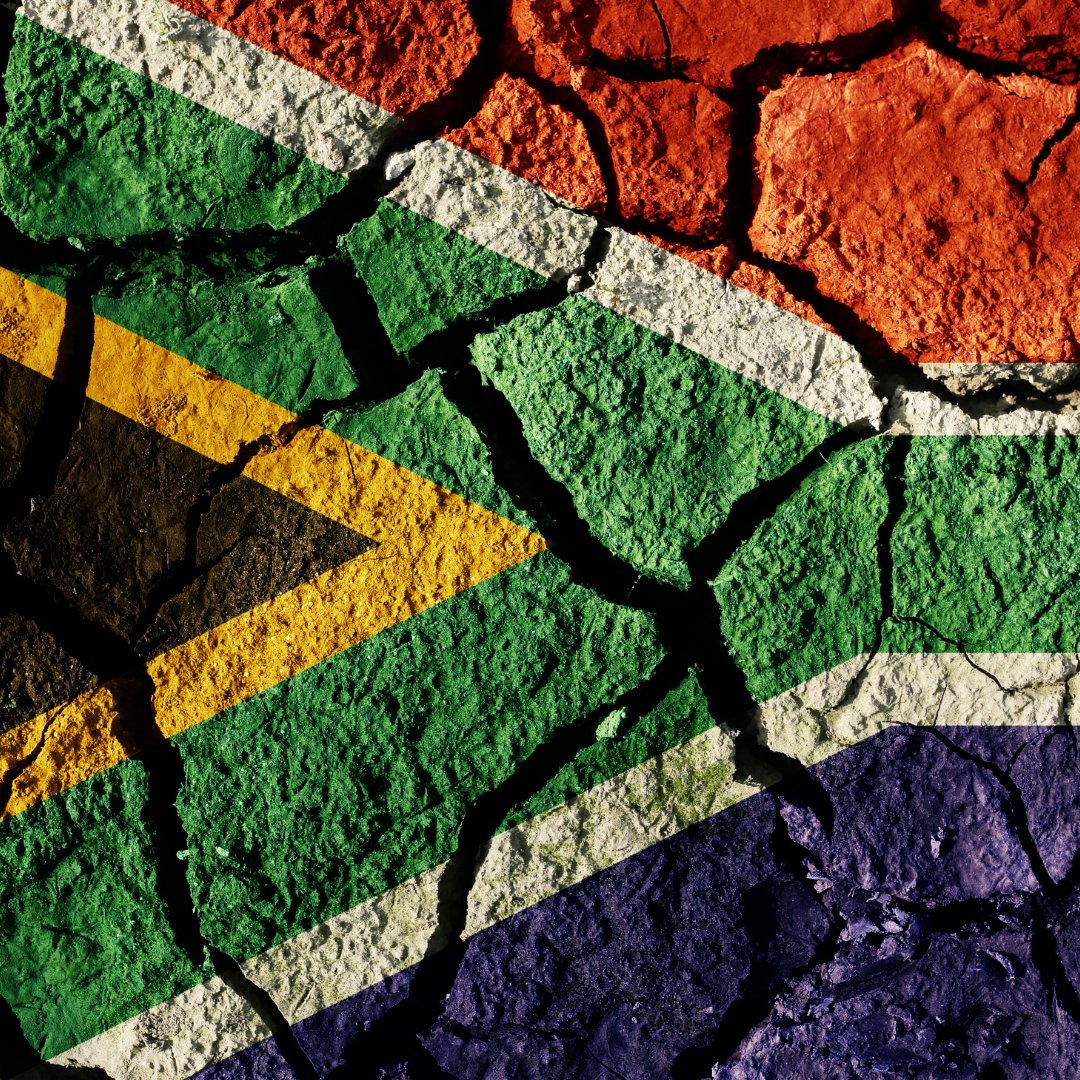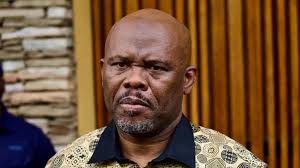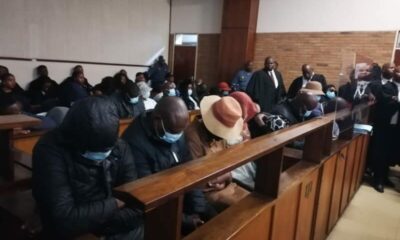News
South Africa Upside Down: How Corruption Became the Norm and Honesty a Risk

A betrayal of the people in a nation where the truth now costs too much
South Africa hasn’t collapsed. It has flipped. The systems meant to punish wrongdoing now shelter it. The institutions meant to reward integrity now make it a liability. For millions of South Africans, this is not a political theory, it’s daily life.
Welcome to the age of the unpunished, where criminal sabotage, systemic neglect and institutional decay are no longer the exception. They are embedded in governance, backed by silence, and often even rewarded.
And that’s the real danger: corruption is no longer hidden. It’s institutional.
The betrayal takes three forms
This national inversion affects different groups in distinct but equally destructive ways:
1. The working class is left to rot.
From potholes to sewage spills, criminal gangs and municipal neglect, basic services are collapsing. A 2023 government procurement review revealed R28 billion in tenders under investigation, many tied to critical infrastructure like housing, roads, and water. This isn’t just poor service, it’s betrayal disguised as bureaucracy.
2. Black professionals are targeted.
According to a 2021 South African Medical Association study, black doctors face significantly more audits from medical aid schemes than their white peers. Many professionals report regulatory gatekeeping that punishes them for not being part of legacy networks. Transformation is weaponised, not supported.
3. The youth are abandoned.
Nearly 9 million young South Africans are not in school, work, or training. Meanwhile, over R5.2 billion flagged for youth employment initiatives vanished through irregular spending between 2018 and 2022. Young people are blamed for “laziness” while the very systems designed to uplift them are looted dry.
From Ubuntu to uprooted: what we’ve lost
This isn’t just about corruption. It’s about forgetting who we are. In many African traditions, wrongdoing wasn’t ignored or excused, it was confronted, confessed, and repaired. Leaders stepped down not in disgrace, but in dignity. Because that’s what accountability looked like.
Now, we suspend without consequence, shuffle cabinet portfolios, and retire scandals quietly. We’ve imported a bureaucratic culture of severance, cutting off the problem without addressing the root. There’s no learning, no healing. Just spin.
The death of consequence
More than R186 billion is lost to corruption every year. During COVID-19 alone, R2.1 billion in contracts were flagged for fraud. And yet, almost no one was prosecuted.
Citizens know the truth. 76% fear retaliation for reporting corruption. Nearly half believe most police officers are corrupt. In this climate, integrity is a career risk. Honesty becomes a dangerous act.
We built a state on inherited fault lines
As thinkers like Frantz Fanon and Mahmood Mamdani warned, post-colonial states often adopt the tools of their oppressors. South Africa inherited bureaucratic power structures built on secrecy and hierarchy and we never re-engineered them.
So we speak the language of democracy but operate with the instincts of authoritarianism. Rights are in the Constitution, but rarely enforced. Ethics offices exist, but are neutered by political loyalty. Whistleblower protections exist on paper.
This is not about leadership failure. It’s a design flaw.
Professor Pali Lehohla once said: “Institutions don’t fail overnight. They decay when truth is first ignored, then tolerated, then normalised.”
We’re deep in that final phase.
But this fight is not yet lost
Restoring public trust won’t come from anti-corruption slogans or photo ops at conferences. It starts with real acts of moral courage:
-
Public resignations—not under pressure, but with remorse.
-
Whistleblowers protected in action, not just policy.
-
Truth and reconciliation, with consequences.
Leadership must be redefined, not as power, but stewardship. Accountability must become cultural again, not just procedural.
This is a call to the honest
To every South African still holding the line, in classrooms, clinics, courtrooms and kitchens, this is your moment.
The fight is not just against corruption. It’s against forgetting. Forgetting who we are. What we inherited. And what we owe to each other.
This isn’t about revenge. It’s about repair.
Let’s turn the nation right-side up, not to punish the past, but to protect the future.
{Source: IOL}
Follow Joburg ETC on Facebook, Twitter , TikTok and Instagram
For more News in Johannesburg, visit joburgetc.com


























